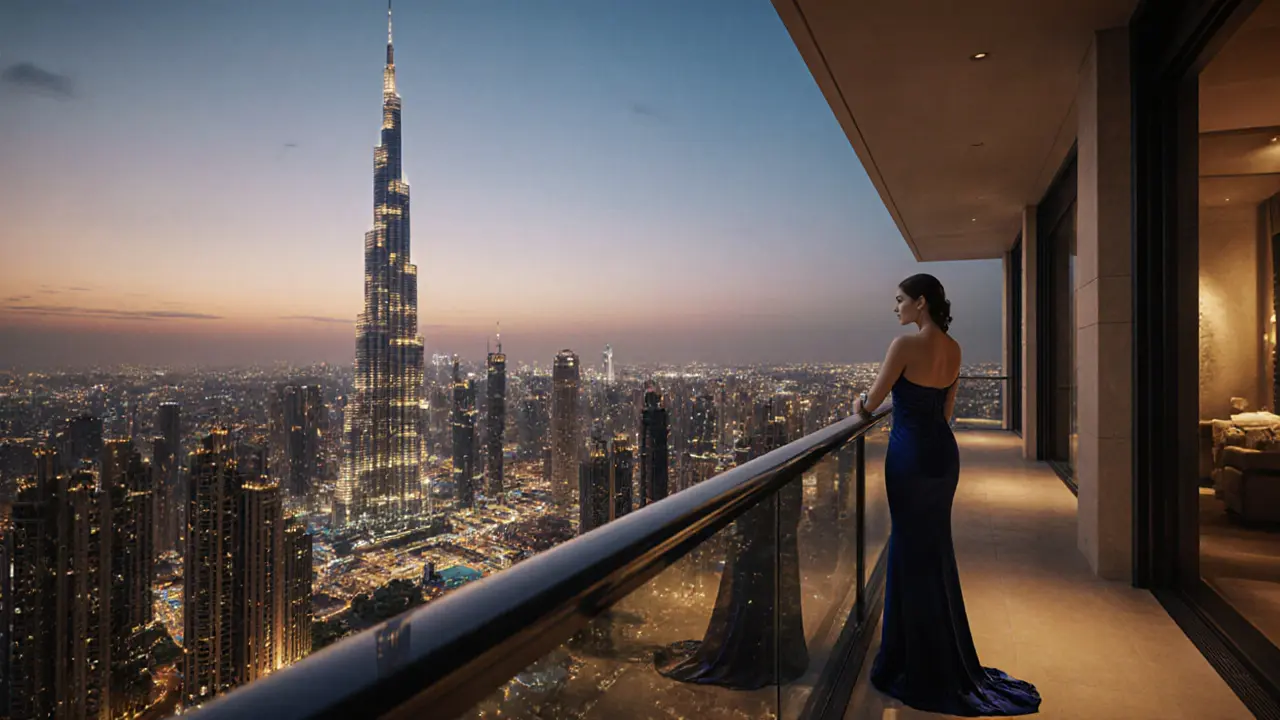Social Attitudes in the UAE: What Shapes Public Opinion?
When exploring social attitudes UAE, the collective views and norms that guide everyday behavior across the United Arab Emirates, it helps to see how they intersect with UAE culture, a blend of tradition, religion, and rapid modernization and the legal framework, the set of laws governing public conduct, from dress codes to nightlife regulations. The expat community, millions of foreign residents who bring diverse perspectives and expectations also feeds into this mix, creating a dynamic social landscape that constantly evolves.
One clear semantic link is that social attitudes UAE encompass cultural norms; you’ll notice the same values reflected in family gatherings, business etiquette, and even the way people dress in public. At the same time, these attitudes require an understanding of the legal framework – for instance, the prohibition of public displays of affection or the strict licensing rules for entertainment venues. Ignoring the law can quickly turn a harmless night out into a legal headache, which is why many guides stress checking local regulations before booking a club or a private companion.
The expat community influences social attitudes in two major ways. First, expatriates bring new ideas about gender roles, work‑life balance, and leisure activities, nudging local norms toward a more global outlook. Second, they often serve as cultural bridges, translating unwritten rules for newcomers and helping businesses adapt their services to meet both local expectations and foreign tastes. This two‑way exchange is why you’ll find a growing number of boutique bars, mixed‑gender events, and upscale lounge spaces that still respect the core values of the Emirates.
Key Factors Shaping the Social Atmosphere
Nightlife in Dubai and Abu Dhabi illustrates how shifting attitudes manifest in practice. Strip clubs, high‑end escort services, and exclusive VIP packages have emerged alongside traditional souks, showing that the nightlife scene, modern entertainment venues that blend luxury with regulated adult services is both a marker of economic prosperity and a barometer of social tolerance. The rise of such venues reflects a subtle but measurable change: while the legal framework remains strict, enforcement often focuses on venue licensing rather than personal conduct, allowing a space where visitors can enjoy a more liberal experience without crossing legal lines.
Media portrayal also feeds back into social attitudes. Television dramas, travel blogs, and even the occasional documentary highlight the contrast between the glitz of luxury hotels and the more discreet side of the adult industry. These portrayals can reinforce stereotypes or, conversely, spark conversations about consent, safety, and the rights of workers in the sector. Understanding this media loop helps visitors navigate the social terrain more respectfully and avoid common pitfalls like over‑tipping or misunderstanding local customs.
Practical tips for anyone navigating these attitudes start with simple respect. Dress modestly in public areas, keep affection private, and always ask for consent before any physical interaction. When booking an escort or entering a club, use reputable agencies, confirm price structures up front, and be aware of the legal limits on alcohol and private entertainment. These steps align with both the cultural expectations and the legal framework, ensuring a smooth, enjoyable stay.
In short, the social attitudes in the UAE are a tapestry woven from tradition, law, expat influence, and an emerging nightlife culture. Below you’ll find a curated list of articles that dive deeper into planning unforgettable nights, understanding strip‑club etiquette, avoiding common pitfalls with sex massages, and spotting the economic impact of the adult entertainment sector. Whether you’re a first‑time visitor or a seasoned resident, the insights ahead will help you read the social cues, stay on the right side of the law, and make the most of the city’s vibrant offerings.
